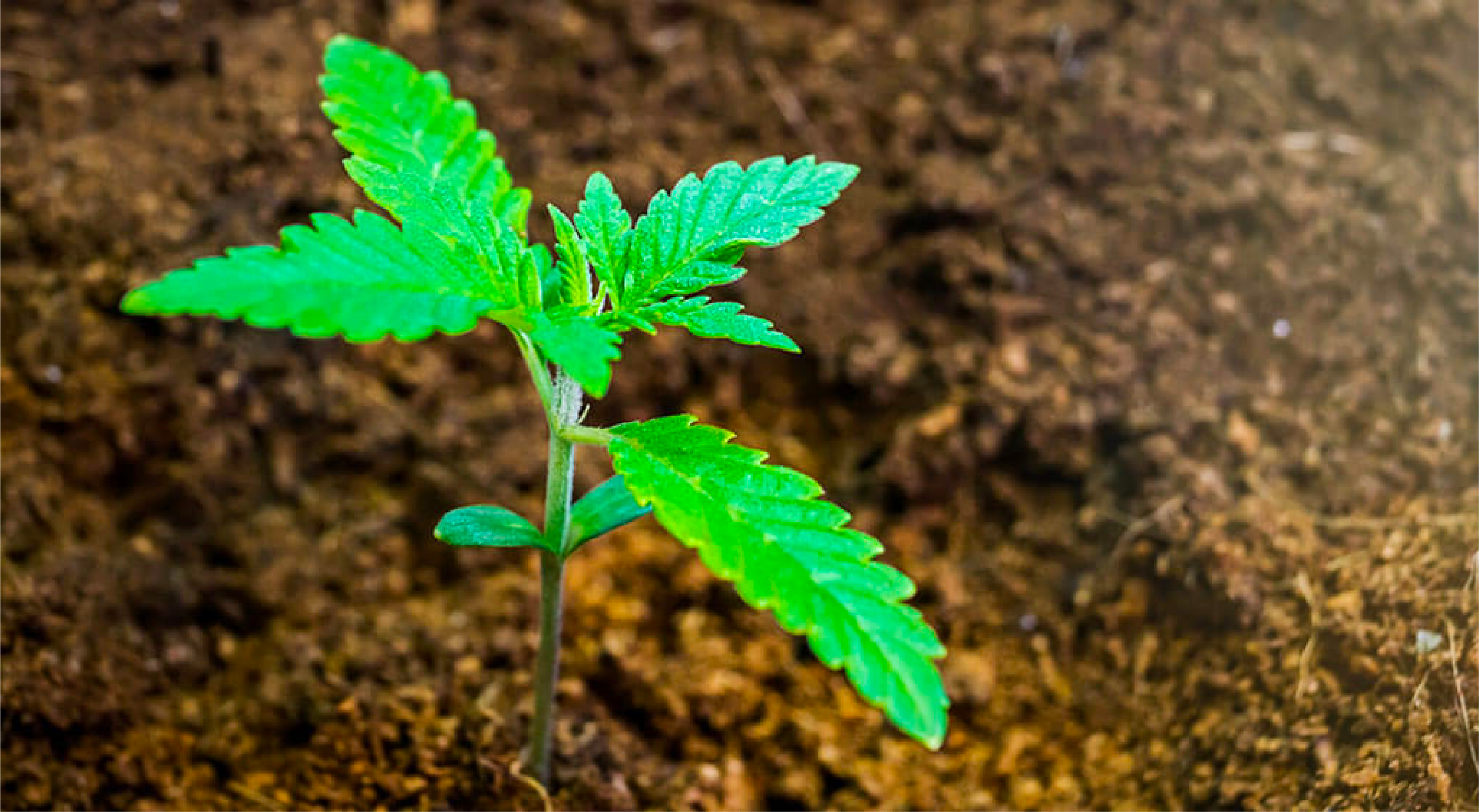
Uruguay agency sets
a roadmap
26 June of 2020, by Hemptoday
Cannabis-derived food & feed, cosmetics, medicine and genetics offer the best export opportunities for Uruguay in the coming years, according to a recent report from the country’s Investment & Export Promotion Agency.
Noting those sectors represent the potential for “short-term export impact,” the Agency also said development of the industry can help attract investment, boost the fortunes of Uruguay’s farmers and continue the transition from illegal trade in cannabis.

Uruguay was the first country in the world to regulate the production of cannabis for adult recreational, medical and industrial use, and was the first to establish a regulatory framework to exploit the plant’s full potential. That led to a first wave of investment with global and domestic players setting up operations. The Agency said the country’s favorable geographic location and commitment to high value-added agricultural exports are positive indicators for Uruguayan hemp.
Well-functioning
A well-functioning, secure, established framework that incorporates traceability and shields the industry from money washing over from the illegal trade, along with the country’s overall investment rating, can lead to further influx of foreign and domestic capital, the report said.
Noting existing strong demand from established laboratories in Uruguay and growing demand globally, the report suggests “the ideal scenario for Uruguay would be to generate its own materials (for) medical cannabis, high CBD and low THC . . . and also high THC varieties but with freedom of levels of CBD and other non-psychoactive cannabinoids.” That would promote local development for food, medical and even textile use, the report further advises.
The Agency said development of the industry can generate employment in vulnerable areas of the country, offering jobs for those with limited employment options, such as rural women.

National genetics ‘crucial’
A competitive network of local breeders and better access to external genetics can boost local development while self - cultivators and cannabis clubs can be transitioned into breeders, according to the report.Development and export of Urguayan formulated genetics“ is a fundamental part of the opportunity that this crop presents the report also notes.“The development of the cannabis agro -industrial chain starts, like all the others, from the genetic base, and...(it) is crucial to have national genetics, adapted to local conditions but also with clear rules for the incorporation of genetics from abroad, ”the Agency wrote.
In addition to CBD, the report identifies opportunities in hemp food and beverage exports but said it’s necessary to develop a “reliable, transparent” domestic market before looking to capitalize on high-growth international markets. “Cannabis will enter a high-growth phase of global consumption, such as chia and quinoa,” the report predicts, noting as well the potential for hempseed food oil, and protein flour both as food and animal feed.
Other outputs
The report also underscores the potential for exporting flowers for smokable hemp and the development of moisturizers, sunscreens and analgesics with low THC, “following criteria similar to those of Switzerland.”
As of March 2020, there were 40 hemp cultivation ventures in Uruguay authorized by the Ministry of Livestock, Agriculture and Fisheries, covering an area of nearly 600 hectares. Eight manufacturing and 19 R&D entities are also currently licensed.

Gluten-free bread with chickpea flour and hemp
Cover with plastic wrap and let it rest for 4-5 hours

Goland Hemp Food Launches Its Superfood in Argentina
A Milestone for Goland and the Hemp Seed-Based Food Industry in the Region. At Goland Hemp Food, we are extremely pleased to announce our arrival in Argentina, a historic moment marking the first import of hemp seed-based foods from Uruguay. This launch not only represents a significant step for our brand but also sets a new standard for the hemp food industry in the region.

Is the hemp heart the next meat analogue ?
In an effort to create the ultimate meat substitute that delivers on taste and texture, Victory Hemp is placing its bets on the hemp seed heart.

Hummus with hemp seed oil
You can serve in a container and sprinkle a little sweet or spicy paprika, to taste.

Pumpkin hemp soup
Pour the soup into a blender and add the Hemp Hearts, salt and pepper.

Uruguay agency sets
a roadmap
Cannabis-derived food & feed, cosmetics, medicine and genetics offer the best export opportunities for Uruguay in the coming years, according to a recent report from the country’s Investment & Export Promotion Agency.